
-
-
-
Advance your career
In 3-9 months, gain the skills to break into a new career or take your career to the next level.
10th
View allADVANCED MANAGEMENT PROGRAMME (MANUFACTURING AND OPERATIONS)
View allAGNIVEER MR
View allAGNIVEER SSR
View allALLAHABAD HC RO/ARO
View allAnthropology (B.Sc Anthropology)
View allArtificial Intelligence
View allASSOCIATION OF CHARTERED CERTIFIED ACCOUNTANTS [ACCA]
View allB.A (Hons.) Business Economics
View allB.A Geography
View allB.A Hons (English)
View allB.A. - Public Administration
View allB.A. Economics
View allB.A. English
View allB.A. in Fashion and Textile Design
View allB.A. in Jewellery and Accessory Design
View allB.A. in Political Science
View allB.A. in Visual Communication
View allB.A. Journalism and Mass Communication
View allB.A. LLB
View allB.Com (Hons.)
View allB.Ed or Bachelor of Education
View allB.Ed or Bachelor of Education in Physical Science
View allB.Sc - Computer Science
View allB.Sc - Electronics
View allB.Sc - Forensic Science
View allB.Sc - Genetics
View allB.Sc - Geology
View allB.Sc - Home Science
View allB.Sc - Horticulture
View allB.Sc - Life Sciences
View allB.Sc - Microbiology
View allB.Sc - Statistics
View allB.Sc - Zoology
View allB.Sc in Animation
View allB.Sc in Physiology
View allB.Sc LLB (B.Sc LLB)
View allB.Sc. (Hons.) Chemistry
View allB.Sc. (Hons.) Computer Science
View allB.Sc. (Hons.) Mathematics
View allB.Sc. (Hons.) Physics
View allB.Sc. Agriculture
View allB.Sc. Biochemistry
View allB.Sc. Biotechnology
View allB.Sc. Nursing
View allB.Tech - Automobile Engineering
View allB.Tech - Biochemical Engineering
View allB.Tech - Ceramic Engineering
View allB.Tech - Genetic Engineering
View allB.Tech - Instrumentation Engineering
View allB.Tech - Mechatronics Engineering
View allB.Tech - Mining Engineering
View allB.Tech - Production Engineering
View allB.Tech - Telecommunication Engineering
View allB.Tech - Textile Engineering
View allB.Tech : Mechanical Engineering
View allB.Tech-Artificial Intelligence
View allB.Tech-Chemical Engineering
View allB.Tech-Civil Engineering
View allB.Tech-Computer Science Engineering
View allB.Tech-Electrical Engineering
View allB.Tech-Electronics and Communications Engineering
View allB.Tech-Mechanical Engineering
View allBA LLB (BA LLB)
View allBachelor of Accounting and Finance (BAF)
View allBachelor of Audiology & Speech Language Pathology (BASLP)
View allBachelor of Banking & Insurance (BBI)
View allBachelor of Business Administration (BBA)
View allBachelor of Computer Applications (BCA)
View allBachelor of Design (B.Des)
View allBachelor of Education (B.Ed)
View allBachelor of Education (B.Ed) in History
View allBachelor of Education (B.Ed) Psychology
View allBachelor of Education (BE.d) English
View allBachelor of Education (BEd) Commerce
View allBachelor of Education (BEd) in Physical Education
View allBachelor of Education in Hindi
View allBachelor of Education in Tamil [B.Ed] (Tamil)
View allBachelor of Elementary Education (B.El.Ed)
View allBachelor of Financial Markets (BFM)
View allBachelor of Fine Arts
View allBachelor of Management Studies (BMS)
View allBachelor of Mass Communication (BMC)
View allBachelor of Mass Media (BMMC)
View allBachelor of Multimedia Communication (BMMC)
View allBachelor of Optometry
View allBachelor of Optometry (BOPTM)
View allBachelor of Physical Education (B.P.Ed)
View allBachelor of Tourism and Travel Management (BTTM)
View allBachelor of Visual Communication (B.V.C)
View allBachelor of Visual Communication (BVC)
View allBachelor of Vocation (B.Voc) in Software Development
View allBachelors in Banking and Insurance (BBI)
View allBachelors of Commerce and Bachelor of Legislative Law (B.Com LLB)
View allBBA LLB
View allBEd Political Science
View allBIHAR CGL TEST SERIES
View allBIHAR CIVIL COURT
View allBIHAR DAROGA
View allBIHAR PROHIBITION CONSTABLE
View allBOB PO
View allBOB SO
View allBOI SO
View allBPSC HEAD MASTER
View allBPSC SANITARY & WM
View allBusiness Analytics
View allCANARA BANK PO
View allCAT
View allCAT Exam
View allCBI SO
View allCBSE 5
View allCBSE 7
View allCBSE 1
View allCBSE 11th
View allCBSE 12TH
View allCBSE 2
View allCBSE 3
View allCBSE 4
View allCBSE 6
View allCBSE 8
View allCBSE 9TH
View allCBSE CTET
View allCDS
View allCERTIFICATE IN BUSINESS ANALYTICS
View allCertificate Course in Accounting
View allCertificate Course in Banking
View allCERTIFICATE COURSE IN BANKING
View allCERTIFICATE COURSE IN BUSINESS ANALYTICS
View allCERTIFICATE COURSE IN C++
View allCERTIFICATE COURSE IN COMMUNICATIVE ENGLISH
View allCERTIFICATE COURSE IN COMPUTER APPLICATION [CCA]
View allCertificate Course in Fashion Design
View allCERTIFICATE COURSE IN FINANCIAL ACCOUNTING & TAXATION [CCFAT]
View allCERTIFICATE COURSE IN FRENCH
View allCERTIFICATE COURSE IN FUNCTIONAL ENGLISH
View allCERTIFICATE COURSE IN GERMAN
View allCERTIFICATE COURSE IN INFORMATION TECHNOLOGY
View allCertificate Course in Interior Design
View allCERTIFICATE COURSE IN INTERIOR DESIGN
View allCertificate Course in JAVA
View allCERTIFICATE COURSE IN JAVA
View allCERTIFICATE COURSE IN JOURNALISM
View allCERTIFICATE COURSE IN PHOTOGRAPHY
View allCERTIFICATE COURSE IN PHYSIOTHERAPY
View allCERTIFICATE COURSE IN SPANISH
View allCERTIFICATE COURSE IN SPOKEN ENGLISH
View allCertificate Course in Stock Market
View allCERTIFICATE COURSE IN STOCK MARKET
View allCertificate Course in Tally
View allCERTIFICATE COURSE IN TALLY
View allCERTIFICATE COURSE IN YOGA
View allCertificate courses in C ++
View allCERTIFICATE IN ACCOUNTING
View allCertificate in Animation
View allCERTIFICATE IN ANIMATION
View allCertificate in Auto CAD
View allCERTIFICATE IN AUTO CAD
View allCertificate in CAD
View allCERTIFICATE IN CAD
View allCertificate in Cloud Computing
View allCERTIFICATE IN CLOUD COMPUTING
View allCertificate in Computer Application
View allCERTIFICATE IN COSMETOLOGY
View allCERTIFICATE IN DISASTER MANAGEMENT [CDM]
View allCERTIFICATE IN ENGLISH
View allCERTIFICATE IN HINDI
View allCERTIFICATE IN HUMAN RESOURCES
View allCertificate in Information Technology
View allCERTIFICATE IN INSURANCE SERVICES
View allCERTIFICATE IN LABORATORY TECHNIQUES [CPLT]
View allCERTIFICATE IN PROJECT MANAGEMENT
View allCERTIFICATE IN TOURISM AND TRAVEL MANAGEMENT
View allCERTIFICATE IN WEB DESIGNING
View allCertificate in Web Designing.
View allCERTIFICATE PROGRAM IN SUPPLY CHAIN MANAGEMENT
View allCERTIFICATE PROGRAMME IN SALES AND MARKETING
View allCERTIFIED COURSE IN FOOD AND NUTRITION
View allCERTIFIED FINANCIAL PLANNER [CFP]
View allCHARTERED ACCOUNTANT
View allChartered Financial Analyst
View allchinese
View allCISF CONSTABLE/TRADESMEN
View allCIVIL SERVICES
View allCLAT
View allCLAT EXAMS
View allCloud Computing
View allCOMBINED GEO-SCIENTIST
View allCOMBINED MEDICAL SERVICES
View allContent Writing
View allCraftsmanship Course in Food Production
View allCRPF ASI/HC
View allCRPF CONSTABLE TRADESMAN
View allCRPF SI & ASI
View allCS (Company Secretary)
View allCUET
View allCyber Security
View allD.EL.Ed.
View allData Analytics
View allData Science
View allDigital Marketing
View allDiploma in 3D Animation
View allDiploma in Advertising and Marketing
View allDiploma in Airline, Travel and Tourism Management
View allDiploma in Animation and Multimedia
View allDIPLOMA IN ARCHITECTURE ENGINEERING
View allDIPLOMA IN AUTOMOBILE ENGINEERING
View allDiploma in Bakery and Confectionery
View allDIPLOMA IN BIOMEDICAL ENGINEERING
View allDIPLOMA IN CHEMICAL ENGINEERING
View allDIPLOMA IN CIVIL ENGINEERING
View allDiploma in Communicative English
View allDIPLOMA IN COMPUTER ENGINEERING
View allDIPLOMA IN COMPUTER SCIENCE AND ENGINEERING
View allDIPLOMA IN DENTAL HYGIENIST
View allDIPLOMA IN DENTAL MECHANICS
View allDiploma in education
View allDIPLOMA IN ELECTRICAL & ELECTRONICS ENGINEERING
View allDIPLOMA IN ELECTRICAL ENGINEERING
View allDIPLOMA IN ELECTRONICS ENGINEERING
View allDiploma in elementary education
View allDiploma in Engineering
View allDiploma in Event Management
View allDIPLOMA IN FINE ARTS
View allDiploma in Food and Beverage Services
View allDiploma in Gemology
View allDiploma in Hotel Management (DHM)
View allDiploma in Information Technology
View allDIPLOMA IN INFORMATION TECHNOLOGY
View allDiploma in Interior Designing
View allDiploma in Journalism and Mass Communication (DJMC)
View allDIPLOMA IN MECHANICAL ENGINEERING
View allDIPLOMA IN MECHATRONICS
View allDiploma in Medical Lab Technology
View allDiploma in Medical Laboratory Technology (DMLT)
View allDIPLOMA IN MINING ENGINEERING
View allDiploma in Multimedia
View allDiploma in Nursing
View allDiploma in Nursing Care Assistant (DNCA)
View allDiploma in Nutrition and Dietetics
View allDiploma in Office Management
View allDIPLOMA IN PETROLEUM ENGINEERING
View allDiploma in Photography
View allDiploma in Physiotherapy
View allDIPLOMA IN PRODUCTION ENGINEERING
View allDiploma in Radiological Technology
View allDiploma in Rural Healthcare
View allDiploma in Scriptwriting/Creative Writing
View allDiploma in Sound Recording
View allDiploma in Travel & Tourism
View allDiploma in Visual Merchandising
View allDiploma in X-Ray Technician
View allEmail-Marketing
View allEPFO
View allFashion Designer
View allFCI MANAGEMENT TRAINEE
View allFEDERAL BANK PO
View allFull-Stack Developer
View allGATE
View allGraphic Design
View allHARCO BANK
View allHPSC PGT
View allHSSC Canal Patwari
View allHSSC GRAM SACHIV
View allIB SA/EXE & MTS/GEN
View allIBPS CLERK
View allIBPS PO
View allIBPS RRB OFFICE ASSISTANT
View allIBPS RRB OFFICER SCALE 1
View allIBPS SO Exam
View allIBPS Specialist Officer Exams
View allICAR
View allIIBF JE
View allINDIAN AIRFORCE APPRENTICE
View allINDIAN BANK COST GUARD (GD/DB)
View allINDIAN BANK PO
View allINDIAN BANK SO
View allINDIAN ECONOMIC SERVICE
View allINDIAN ER.SERVICES
View allINDIAN FOREST SERVICE
View allINDIAN NAVY AA/SSR
View allIPPB
View allJH POLICE RO
View allJK BANK PO
View allJK POLICE CONSTABLE
View allJob Oriented
View allJSSC EXCISE AND PROHIBITION
View allKG
View allLAKHSMI VILAS BANK PO
View allLDCE
View allLIC AAO
View allLIC ADO
View allLIC HFL
View allLL.M - Criminal Law
View allLL.M - Cyber Law
View allLL.M - International Law
View allLL.M - Labour Law
View allM.A. - Public Administration
View allM.A. in Economics
View allM.A. in English
View allM.A. Political Science
View allM.A. Rural Development
View allM.A.in History
View allM.Sc - Geoinformatics
View allMachine Learning
View allMaster of Education (M.Ed)
View allMaster of Law (LL.M)
View allMaster of Mass Communication (MMC)
View allMasters in Journalism and Mass Communication (MJMC)
View allMasters of Business Administration (MBA)
View allMAT
View allMBA - Communication Management
View allMBA - Customer Relationship Management (MBA CRM)
View allMBA - Environmental Management
View allMBA - Healthcare & Hospital Management
View allMBA - Hospitality Management
View allMBA - Logistics and Supply Chain Management
View allMBA - Materials Management
View allMBA - Media Management
View allMBA - Natural Resource Management
View allMBA - Operations Management
View allMBA - Project Management
View allMBA - Retail Management
View allMBA - Risk Management
View allMBA - Rural Development Management
View allMBA - Sales Management
View allMBA - Sports Management
View allMBA - Sustainable Management
View allMBA - Technology Management
View allMBA-Finance
View allMBA-Hr
View allMBA-Insurance
View allMBA-IT
View allMBA-Marketing
View allMCM: Masters of Computer Management
View allMP PATWARI
View allMP PSC
View allMP TET
View allMPPSC FOREST SERVICE
View allNAINITAL BANK
View allNDA & NA
View allNIOS 10
View allNIOS 11
View allNIOS 12
View allNIOS D.EL.ED.
View allNTPC CBT
View allOICL RECRUITMENT
View allOSSSC RECRUITMENT
View allPATNA HC STENO
View allPGP - Tax Management
View allPost Graduate Diploma in Technical Writing
View allProgramming
View allProject Management
View allRBI ASSISTANT
View allRBI Grade B Exam
View allRRB ASSISTANT LOCO PILOT
View allRRB Group D.
View allRSCB
View allRSMSSB COMPUTOR
View allRSMSSB FOREST GUARD
View allRSMSSB INFORMATICS ASSISTANT
View allRSMSSB JE
View allRSMSSB LAB TECH
View allRSMSSB LIB
View allRSMSSB PATWARI
View allRSMSSB PHARMACIST
View allSBI Clerk
View allSBI Clerk 2024
View allSBI PO
View allSIDBI GRADE A
View allSIDBI GRADE B
View allSocial Media Marketing
View allSoft Skills
View allSoftware Development.
View allSSC SELECTION POST
View allUIIC ASSISTANT
View allUPPSC ASST.PRO
View allUPPSC NURSE
View allUPPSC PROGRAMMER
View allUPSSSC ATA
View allUPSSSC INSTRUCTOR
View allUPSSSC VDO
View allVCBL PO
View allWealth Management
View allWeb Designing
View allXAT
View allDiploma in Cosmetology
View all
-
-
-
Advance your career
In 3-9 months, gain the skills to break into a new career or take your career to the next level.
-
-
-
Advance your career
In 3-9 months, gain the skills to break into a new career or take your career to the next level.
-
-
-
Advance your career
In 3-9 months, gain the skills to break into a new career or take your career to the next level.
Arts And Humanities.
No courses found
Business
View allCertificate
View allComputer Science
No courses found
Graphic Design
No courses found
Health
No courses found
Information Technology
View allLanguage Learning
No courses found
Math And Logic
No courses found
Physical Science And Engineering
No courses found
Social Science
No courses found
Soft Skills
No courses found
-
-
-
Find your new career
Breakthrough pricing on 100% online degrees designed to fit into your life.
CERTIFICATE IN ANIMATION
No subjects found
Get started
-
-
-
Find your new career
Breakthrough pricing on 100% online degrees designed to fit into your life.
CERTIFICATE COURSE IN COMMUNICATIVE ENGLISH
No subjects found
CERTIFICATE COURSE IN FRENCH
No subjects found
CERTIFICATE COURSE IN FUNCTIONAL ENGLISH
No subjects found
CERTIFICATE COURSE IN GERMAN
No subjects found
CERTIFICATE COURSE IN SPANISH
No subjects found
CERTIFICATE COURSE IN SPOKEN ENGLISH
No subjects found
CERTIFICATE IN ENGLISH
No subjects found
CERTIFICATE IN HINDI
No subjects found
CERTIFICATE IN INSURANCE SERVICES
No subjects found
DIPLOMA IN FINE ARTS
No subjects found
Get started
-
-
-
Find your new career
Breakthrough pricing on 100% online degrees designed to fit into your life.
No courses found
Get started
-
-
-
Find your new career
Breakthrough pricing on 100% online degrees designed to fit into your life.
Certificate Course In Accounting
No subjects found
Certificate Course In Banking
No subjects found
Certificate Course In Interior Design
No subjects found
Certificate Course In Stock Market
No subjects found
Certificate Course In Tally
No subjects found
Get started
-
-
-
Find your new career
Breakthrough pricing on 100% online degrees designed to fit into your life.
Certificate Course In Fashion Design
No subjects found
Certificate In Auto CAD
No subjects found
Certificate In CAD
No subjects found
Chinese
No subjects found
Get started
-
Goals
Departments
-
Maths
Academic |
NIOS 11
The NIOS Class 11 Mathematics course is designed to provide students with a comprehensive understanding of advanced mathematical concepts and techniques.

Runali Deb Roy
Last Update : 13 May 2023
Master Mathematics with our CBSE 11th Maths Course
The NIOS Class 11 Mathematics course is designed to provide students with a comprehensive understanding of advanced mathematical concepts and techniques. The course builds on the foundation established in previous years and aims to equip students with the skills and knowledge needed to solve complex mathematical problems.
The course is divided into five modules, each covering different topics in mathematics. The modules are as follows:
Module 1: Sets, Relations, and Functions
This module introduces students to the concepts of sets, relations, and functions. Students will learn about the different types of sets, how to represent sets, and operations on sets. They will also study different types of relations and functions, as well as inverse functions.
Module 2: Algebra
This module focuses on algebraic concepts such as complex numbers, quadratic equations, matrices, and determinants. Students will also learn about linear inequalities and mathematical induction.
Module 3: Trigonometry
This module covers trigonometric functions and their graphs, as well as identities and inverse trigonometric functions. Students will also study heights and distances.
Module 4: Calculus
This module introduces students to calculus, including limits, derivatives, and integrals. They will learn about applications of derivatives and integrals.
Module 5: Statistics and Probability
The final module covers measures of dispersion, probability, conditional probability, Bayes' theorem, and random variables and their probability distributions.
Overall, the NIOS Class 11 Mathematics course is a comprehensive and challenging course that aims to provide students with the skills and knowledge needed to succeed in higher-level mathematics and related fields.
Learn and Excel in Mathematics with Matriye Academy's CBSE 11th Maths Course
- Sets, Relations, and Functions
- Algebra
- Trigonometry
- Calculus
- Statistics and Probability
Course Content
- Sets and their representations
- Union, intersection, and complement of sets
- Relations and functions
- The inverse of a function
- Complex numbers
- Quadratic equations
- Matrices and determinants
- Linear inequalities
- Mathematical induction
- Trigonometric functions and their graphs
- Trigonometric identities
- Inverse trigonometric functions
- Heights and distances
- Limits and continuity
- Derivatives
- Applications of derivatives
- Integrals
- Applications of integrals
- Measures of dispersion
- Probability
- Conditional probability
- Bayes' theorem
- Random variables and their probability distributions
NIOS Class 11 Maths
NIOS Class 11 Maths is a mathematics course offered by the National Institute of Open Schooling (NIOS) for students in the 11th grade. This course is designed to provide students with a deeper understanding of mathematical concepts and prepare them for higher education in mathematics and related fields.
The course covers a range of topics, including sets, relations, and functions; algebra; trigonometry; calculus; and statistics and probability. Students will learn about complex numbers, quadratic equations, matrices, determinants, limits, derivatives, integrals, and probability distributions, among other concepts.
Throughout the course, students will develop problem-solving skills and critical thinking abilities, as well as the ability to apply mathematical concepts to real-world problems. The course also aims to develop student's communication and presentation skills through the use of mathematical language and notation.
NIOS Class 11 Maths is a challenging course that requires dedication and hard work, but it can be a rewarding experience for students who are interested in mathematics and related fields.
Course Description
NIOS Class 11 Maths is a comprehensive course that covers a wide range of mathematical topics. The course is designed to provide students with a deep understanding of mathematical concepts and prepare them for higher studies in mathematics and related fields.
The course is divided into several units, which cover topics such as sets, relations, and functions; algebra; trigonometry; calculus; and statistics and probability. Each unit consists of several lessons that explore different aspects of the topic and build on students' existing knowledge and understanding.
In the first unit, students will learn about sets, subsets, operations on sets, relations, and functions. This unit provides a foundation for the rest of the course and introduces students to important mathematical concepts and notation.
The second unit covers algebraic concepts such as complex numbers, quadratic equations, sequences, and series. Students will learn how to solve equations, factor polynomials, and apply algebraic concepts to real-world problems.
The third unit focuses on trigonometry, including the definitions of trigonometric functions, trigonometric identities, and the solution of trigonometric equations. This unit also covers the applications of trigonometry in geometry and physics.
The fourth unit introduces students to calculus, including limits, derivatives, and integrals. Students will learn how to apply calculus to problems in physics, engineering, and other fields.
The fifth unit covers statistics and probability, including the calculation of mean, median, mode, standard deviation, and probability distributions. Students will learn how to analyze data and make predictions using statistical methods.
Throughout the course, students will develop problem-solving skills and critical thinking abilities. They will also learn how to communicate mathematical concepts using proper language and notation. By the end of the course, students will have a strong foundation in mathematics and be well-prepared for further studies in the field.
- Duration 12 Months
- Level Beginner
- Lectures 12 Lectures
- Language English
- Enrolled 100+ Enrolled
- Recorded Video 36
- Notes 40
- MCQs 45
- PPTs 25
- Live Test Series 42
- E-Book 40
Benefits of Studying Maths
Studying Maths in Class 11 can provide several benefits to students. Here are some of the key benefits of studying Maths in Class 11:
Improved Problem-Solving Skills: Maths is a subject that requires logical thinking and problem-solving skills. By studying Maths in Class 11, students can develop these skills and improve their ability to solve complex problems.
Preparation for Higher Studies: Maths is a subject that is essential for higher studies in fields such as engineering, physics, economics, and computer science. By studying Maths in Class 11, students can prepare themselves for further studies in these fields.
Career Opportunities: Maths is a subject that is in high demand in many industries, such as finance, data analysis, and computer programming. By studying Maths in Class 11, students can increase their career opportunities in these fields.
Improved Analytical Skills: Maths involves the analysis and interpretation of data, which can help students develop analytical skills that can be applied to other areas of life.
Increased Confidence: By mastering Maths in Class 11, students can gain confidence in their abilities to solve complex problems and tackle difficult challenges. This confidence can carry over into other areas of their lives and help them achieve success in their careers and personal lives.
Overall, studying Maths in Class 11 can provide students with a strong foundation in the subject and equip them with the skills and knowledge needed for success in higher studies and their future careers.

Course Structure
1
Unit 1: Sets and Functions
- Sets and their Representations
- Relations and Functions
- Domain, co-domain, and range of a function
- Functions: Algebraic Operations
- Inverse Functions
2
Unit 2: Algebra
- Principle of Mathematical Induction
- Complex Numbers and Quadratic Equations
- Linear Inequalities
- Permutations and Combinations
- Binomial Theorem
- Sequence and Series
3
Unit 3: Coordinate Geometry
- Straight lines
- Conic Sections
- Introduction to Three-dimensional Geometry
4
Unit 4: Calculus
- Limits and Derivatives
- Derivatives: Algebraic Operations
- Applications of Derivatives: Rates of Change
- Increasing and Decreasing Functions
- Maxima and Minima
5
Unit 5: Mathematical Reasoning
- Statements, Negation, Implication, Contrapositive
- Converse, Inverse, and Contrapositive of a Statement
- Validating Statements Using Principles of Logic
- Solutions of the Equation: p ? q = q ? p; p ? q = q ? p
6
Unit 6: Statistics and Probability
- Measures of Dispersion
- Correlation
- Regression
- Probability
- Random Variables
Start Learning Today
Financial aid available
- Taught by top companies and universities
- Affordable programs
- Apply your skills with hands-on projects
- Learn on your own schedule
- Course videos and readings
- Graded quizzes and assignments
- Shareable Certificate upon completion
Frequently Asked Questions
NIOS class 11 Maths is a course designed by the National Institute of Open Schooling (NIOS) for students who wish to study Mathematics at the higher secondary level. It covers various topics in algebra, trigonometry, calculus, and geometry.
The duration of the NIOS class 11 Maths course is one academic year, which is equivalent to approximately 200 hours of study.
Yes, the NIOS class 11 Maths course is equivalent to the Mathematics course offered by other boards such as CBSE, ICSE, and state boards.
Studying NIOS class 11 Maths helps students to develop analytical and logical thinking skills, which are useful in various fields such as science, engineering, and business. It also provides a strong foundation for higher studies in Mathematics.
The eligibility criteria for enrolling in NIOS class 11 Maths is a passing grade in class 10 from a recognized board.
The mode of examination for NIOS class 11 Maths is both online and offline. Students can choose their preferred mode of examination
The marking scheme for NIOS class 11 Maths is similar to other boards. The theory paper is of 70 marks, and the practical paper is of 30 marks.
Yes, you can pursue higher studies in Mathematics after completing the NIOS class 11 Maths course. You can apply for undergraduate courses in Mathematics and related fields in various universities and colleges.





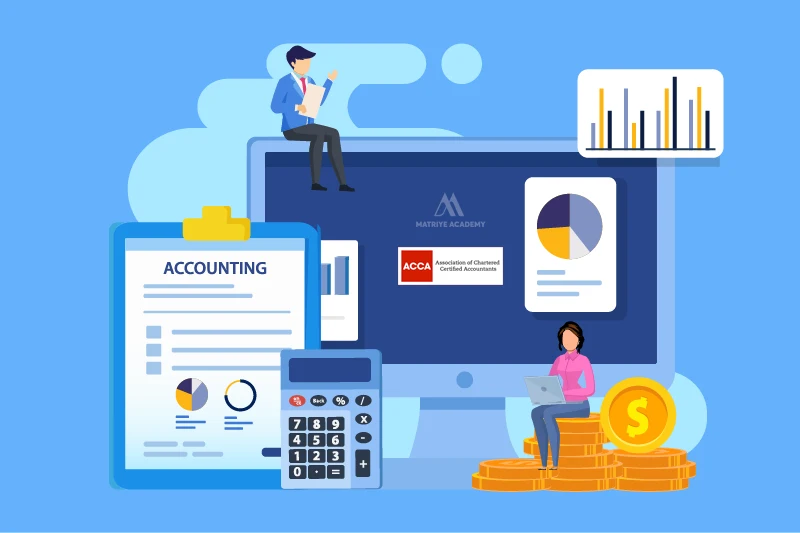
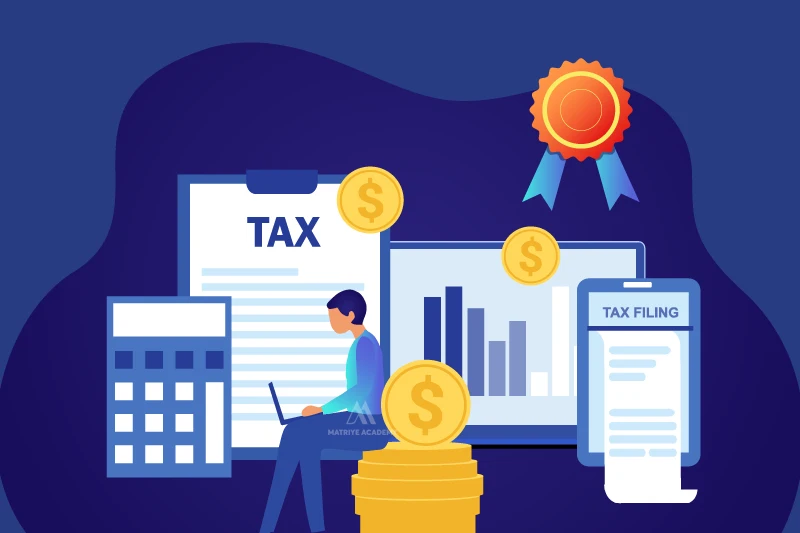
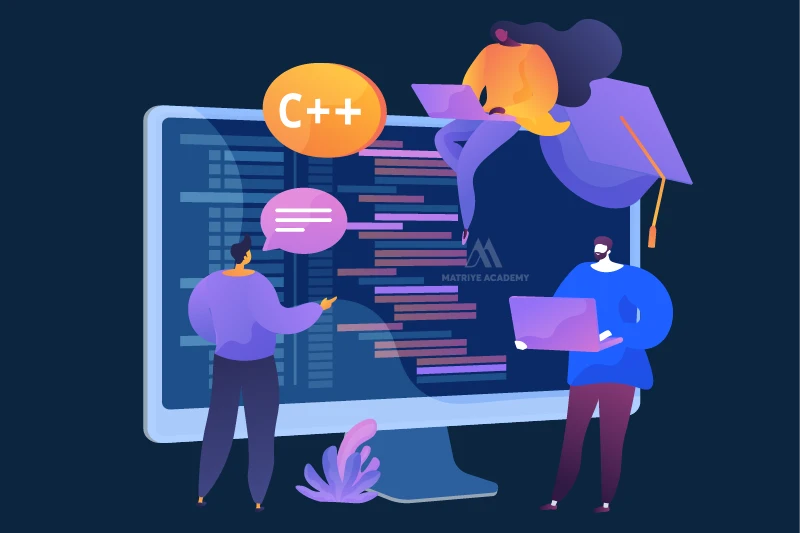





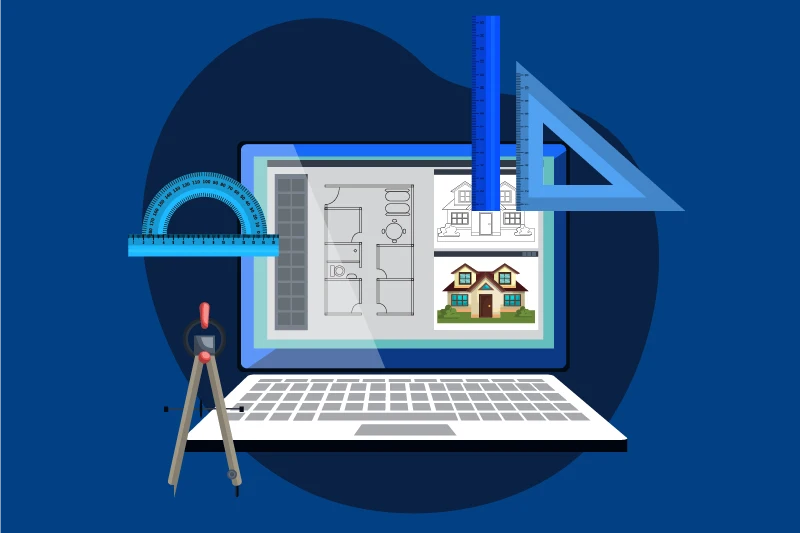










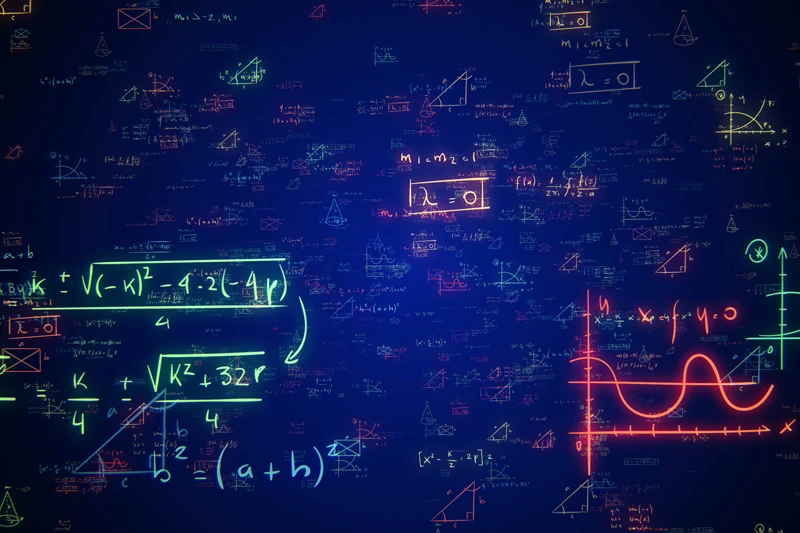
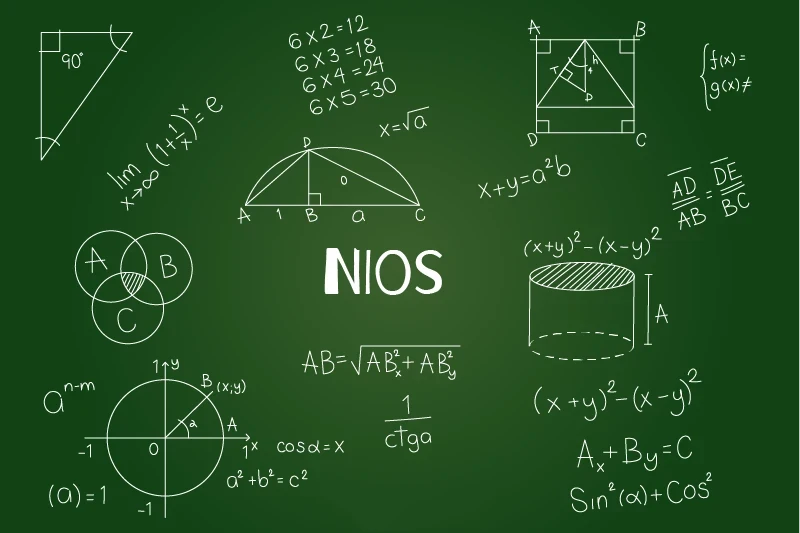


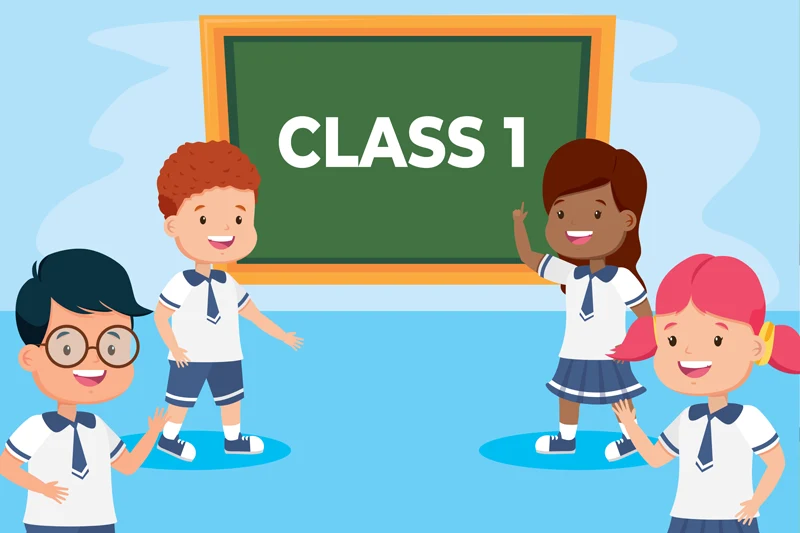



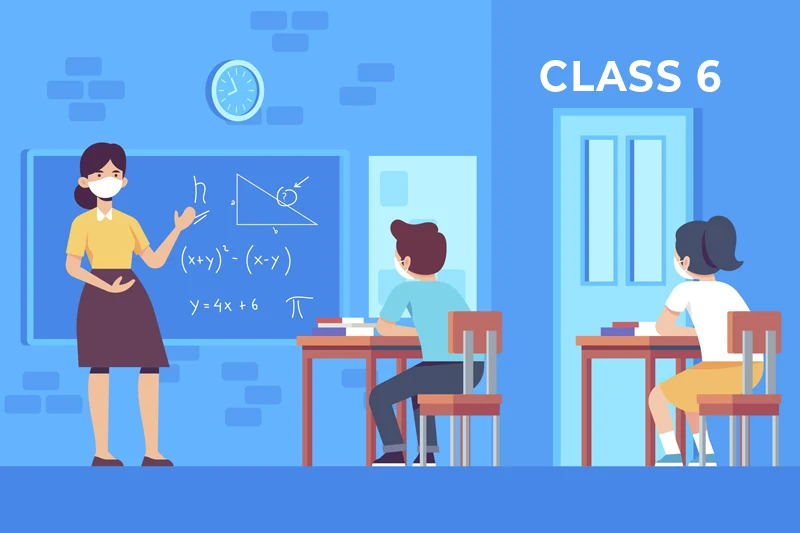
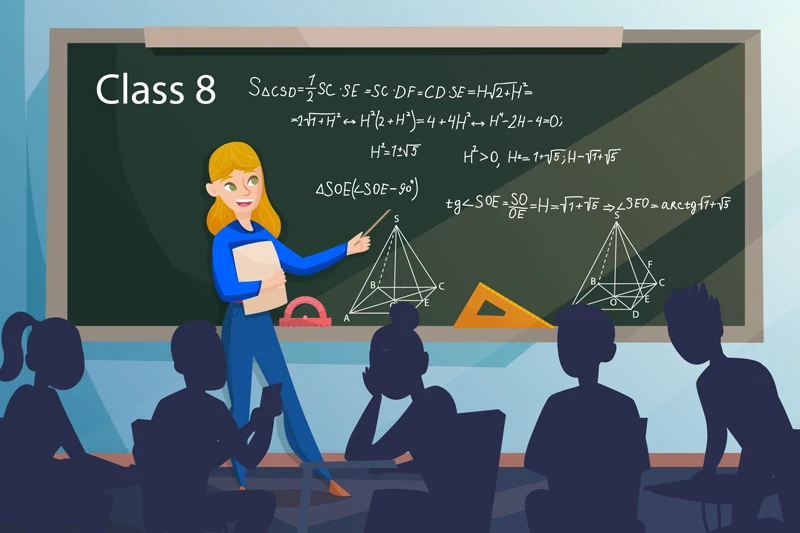




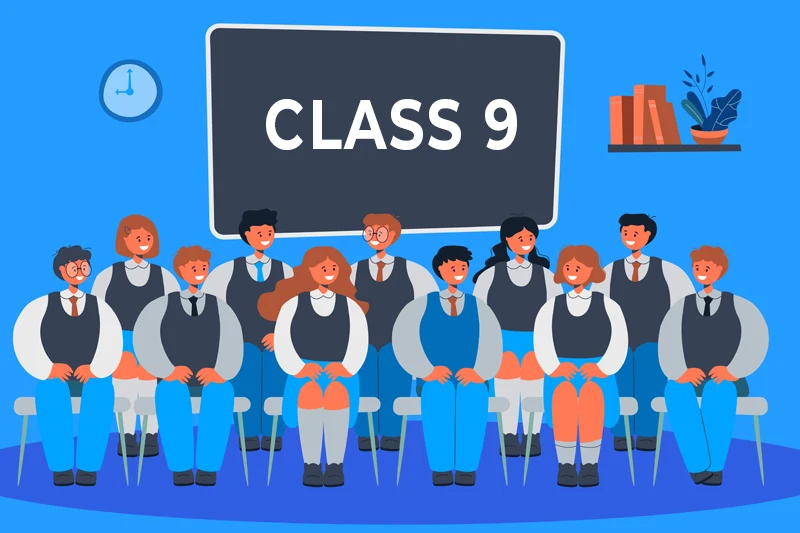






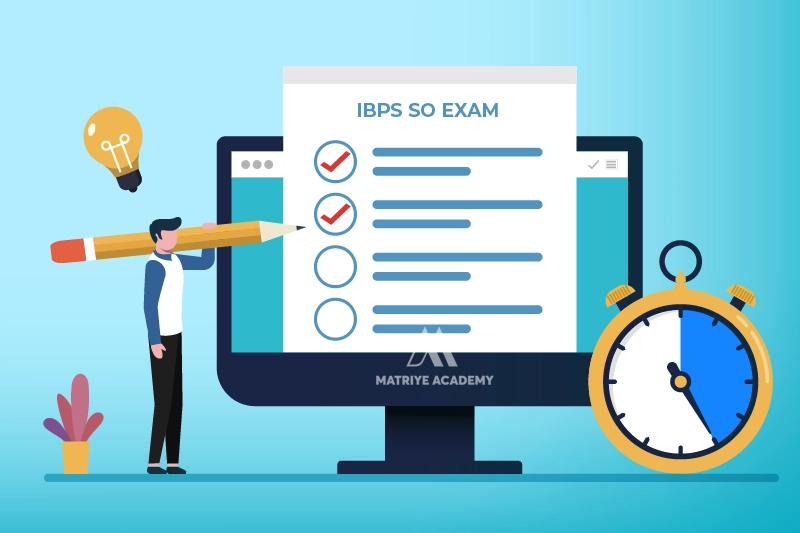
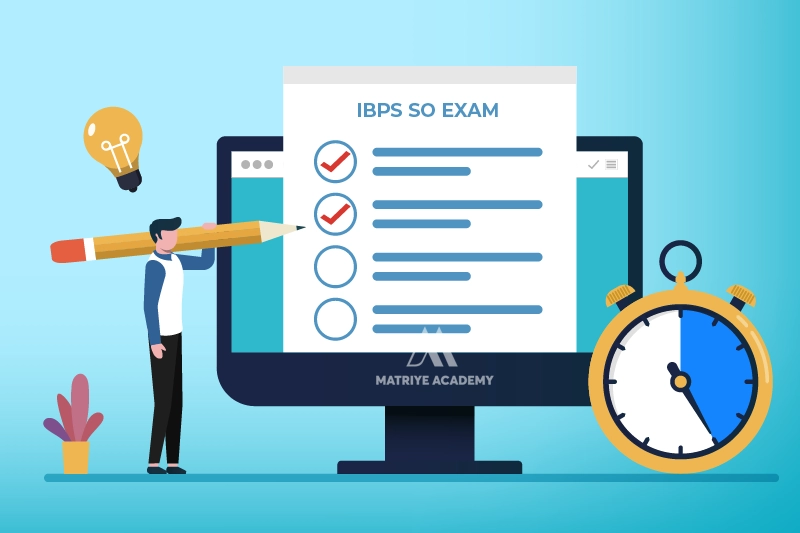


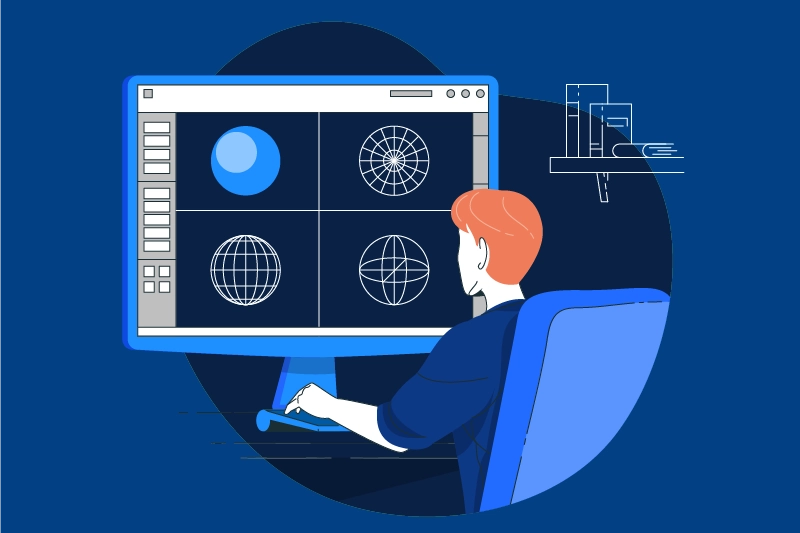














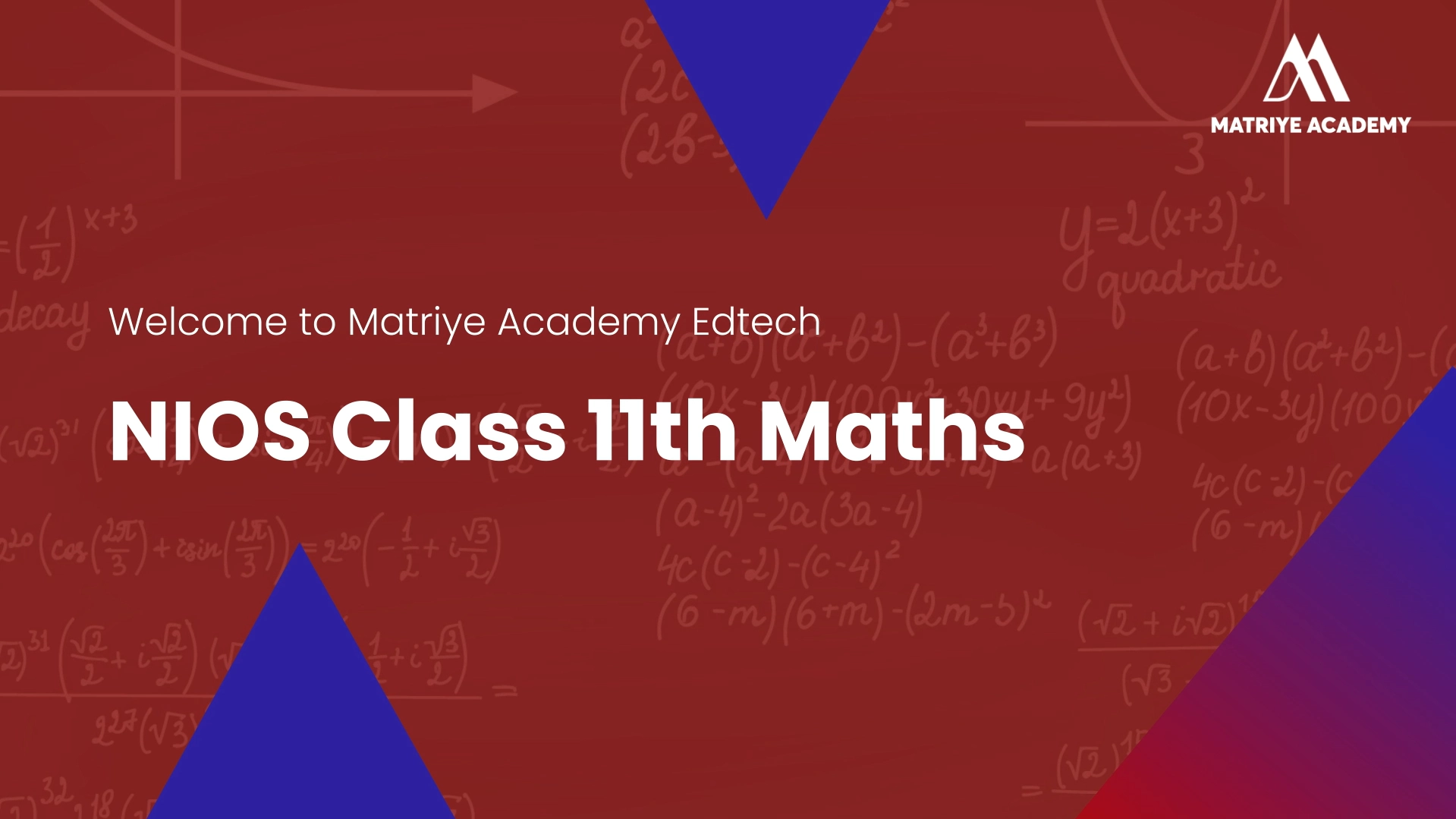



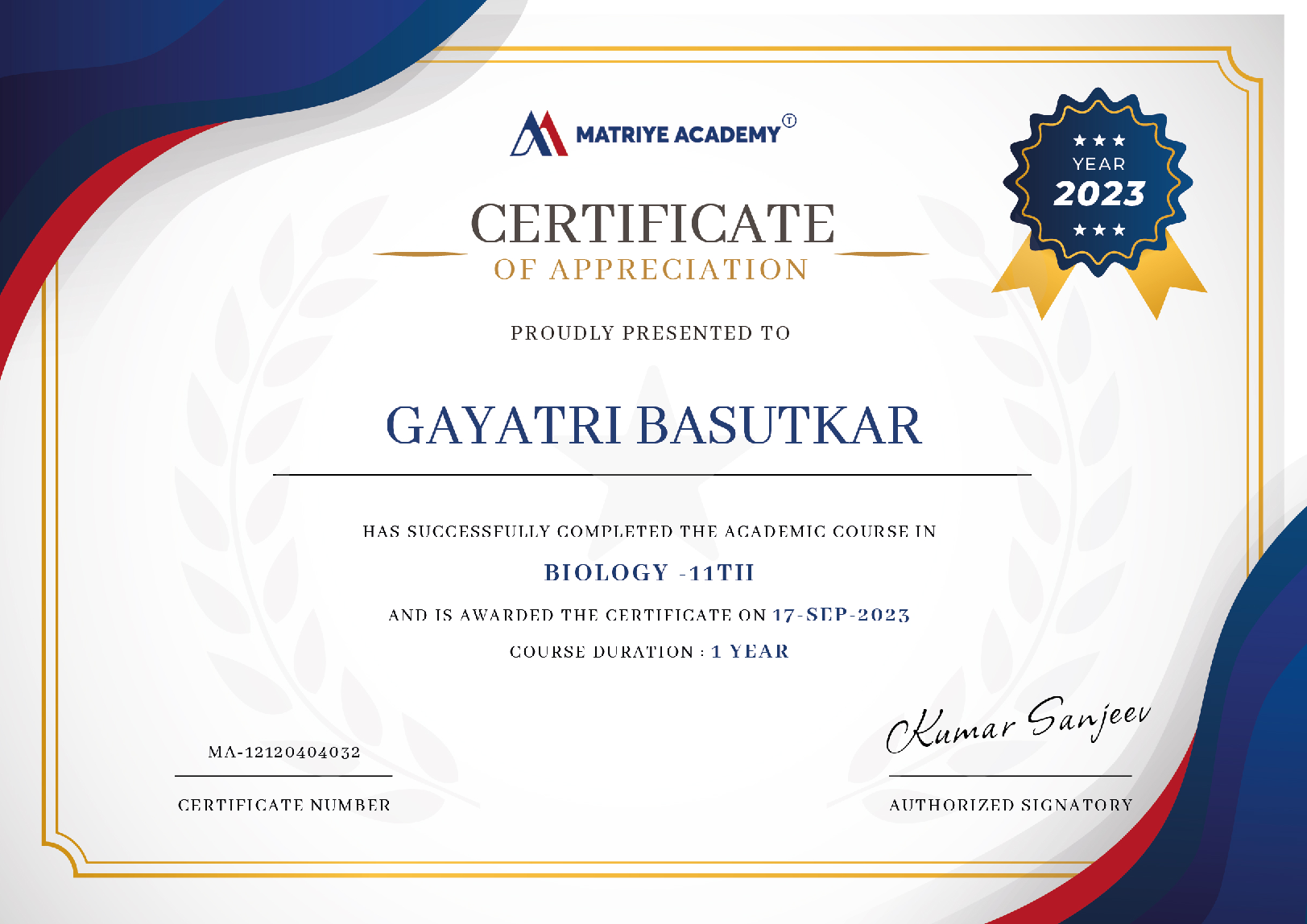
Leave A Comment